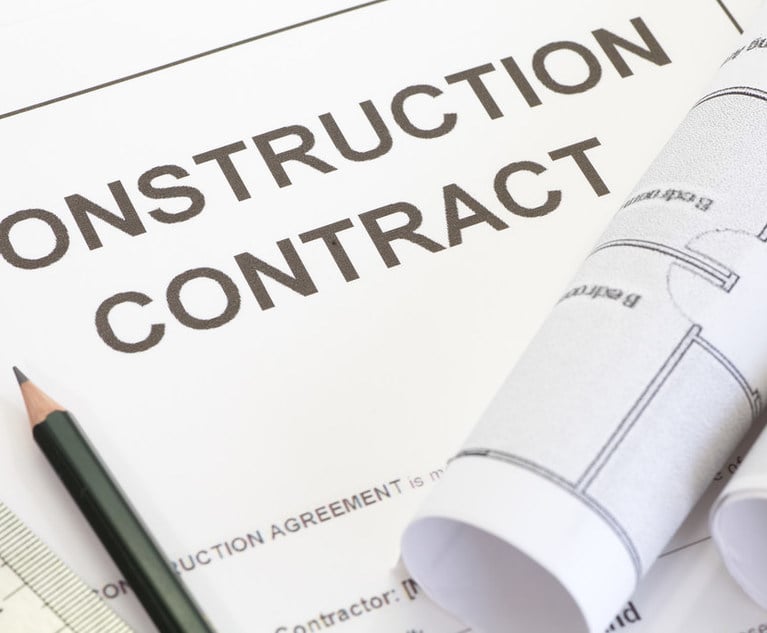 This article will discuss how an owner on a construction project can best navigate the transition from a prime contractor being terminated (i.e., general contractor or construction manager) to a replacement prime contractor. The article will not discuss (1) the advisability of terminating and replacing a prime contractor, and will assume that the owner has weighed the schedule and cost impacts and other adverse consequences of termination, or (2) the requirements of any construction loan documents pertaining to the termination or replacement. The article will also assume there is no performance or payment bond in place with respect to the prime contractor.
This article will discuss how an owner on a construction project can best navigate the transition from a prime contractor being terminated (i.e., general contractor or construction manager) to a replacement prime contractor. The article will not discuss (1) the advisability of terminating and replacing a prime contractor, and will assume that the owner has weighed the schedule and cost impacts and other adverse consequences of termination, or (2) the requirements of any construction loan documents pertaining to the termination or replacement. The article will also assume there is no performance or payment bond in place with respect to the prime contractor.
Termination for Cause vs. Convenience. If the contract with the prime contractor allows the owner to terminate the contract for convenience, then the owner should exercise this right, as opposed to terminating the contract for cause, primarily to preclude the contractor from delaying the transition by asserting that there was no “cause,” or that the contractor cured the defaults giving rise to the termination within the applicable grace periods. However, if the owner has not already provided the contractor with an opportunity to cure its defaults, the owner may want to do so prior to terminating for convenience in order to preserve the owner’s claims for damages arising from such defaults.






